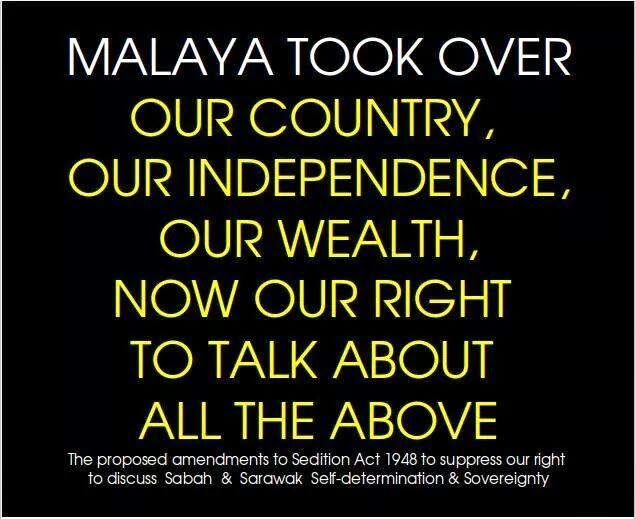Reasons for the crisis
We have decided to get back to basics of this crisis to begin with. As some of us probably remember, oil prices have begun to fall since July-August 2014. During our searches we have found an article written by Forbes’ contributor Thomas Landstreet. The piece was published on August 20th, when the general trend had already been tangible and oil price had almost touched the psychological point at $90 per barrel. However, this point was known as resistance level for the fossil’s price, so there still was a little hope that price would go up. But Thomas is an experienced analyst. Moreover, he saw how strong oil prices and actions of governments are tied together. So, in his article with the descriptive title: “Here Comes Cheaper Oil: Why Prices Are Set To Fall” - he predicted that prices would be as low as $90 by Christmas eve unless some crisis in geopolitics happened. The crisis occurred. Actually it was already there when the article was issued, so shame on you Thomas. Anyway, the prices are falling and falling significantly. As of this writing the oil costs almost $74 per barrel, which is the lowest price since August 2010. In any case, let us emphasize the main reasons of falling according to Landstreet.Firstly, political reforms towards liberalization of Mexican economy enacted by the country’s president Enrique Pena Nieto in 2013. These reforms have lead to opening Mexican energy markets to foreign and private companies. The connection is obvious. It is much cheaper to extract oil in Mexico than to make fracking in the US for example.Secondly, Thomas was predicting that if the republicans won the midterm elections, the process of liberalization of oil industry in the USA would be accelerated. And, he was right. Republicans have won and now the oil-producing industry has an access to chip extraction of fossils at US Atlantic coast.Thirdly, gasoline in US costs too much, which is actually a reason to liberalize oil-industry in states to make fuel cheapen. This process in its turn has an effect on oil prices, because producing becomes cheaper too. Also, some analysts claim that OPEC members are not cutting production and knocking crude prices down in order to throw US shale projects out of the market. But it sounds like another conspiracy theory. Talking about the reasons that caused falling of crude prices, we cannot avoid mentioning the article written by Matthew Philips for Bloomberg’s Businessweek. He claims, and it is absolutely sound, that oil supply has risen but demand is significantly decreasing at the same time. Namely, stagnation of European economy and deceleration of growth in China. Also, unwillingness of OPEC countries to reduce oil production makes crude prices to fall. All of them, excluding Saudi Arabia, are producing as much as they were during last years. Moreover, Libya and Angola have even increased oil extraction.
Is it an actual crisis?
Not really. First of all, we have too much oil, meaning enough to satisfy our demand in this fossil fuel. Secondly, there are only three countries that will be strongly affected by low prices: Brazil, Mexico and Venezuela - mostly because of their short-sighted policy regarding savings from oil sales. Other big players of the oil-industry such as Russia or Middle East countries will be affected but not very strongly, because they have gained a lot from oil last years.
What are the effects?
The effects are obviously negative for the industry; however they are still good for the global economy. Why? In most countries of the world cheaper crude means cheaper gasoline. This trend will allow regular consumers to save a lot on fuel, and they will start to spend these savings on consumption of goods. Note, that winter holidays are coming and for most of us it is a signal to buy more, which we will definitely do. Besides, according to Business Insider companies from Standard & Poor's 500 index will benefit from low oil prices in 2015; so, $10 drop in Brent price will make these companies benefit from $2 to $145 per share. Also, here is an infographic based on Goldman and Sachs report that shows how other markets benefit from oil industry crisis.
What are the steps being taken to stop prices from falling?
The OPEC meeting was held on November the 27th where the members of the organization have decided not to cut production in order to bolster prices. The similar situation happened in the 1980’s; the only OPEC member that cut production that time was Saudi Arabia; now they are not going to do it alone so as to not lose their market share. “Saudi Arabia has definitely made it clear that defending the oil market is a collective responsibility, and no member country should expect Saudi Arabia to swing alone” - resolutely claimed the former aide to Saudi oil minister, Mr. Naimi. At the same time, other OPEC members such as Nigeria and Venezuela with weak economy will incur significant losses from production cut, so they also will not do it. So, the prices are set to fall.




















































0 comments :
Post a Comment